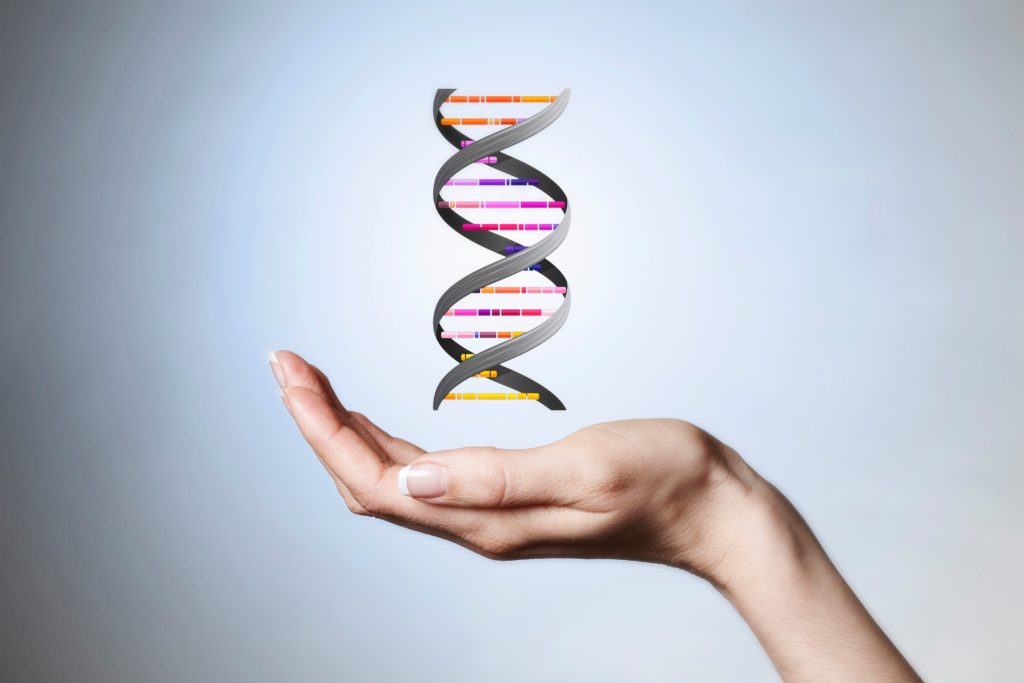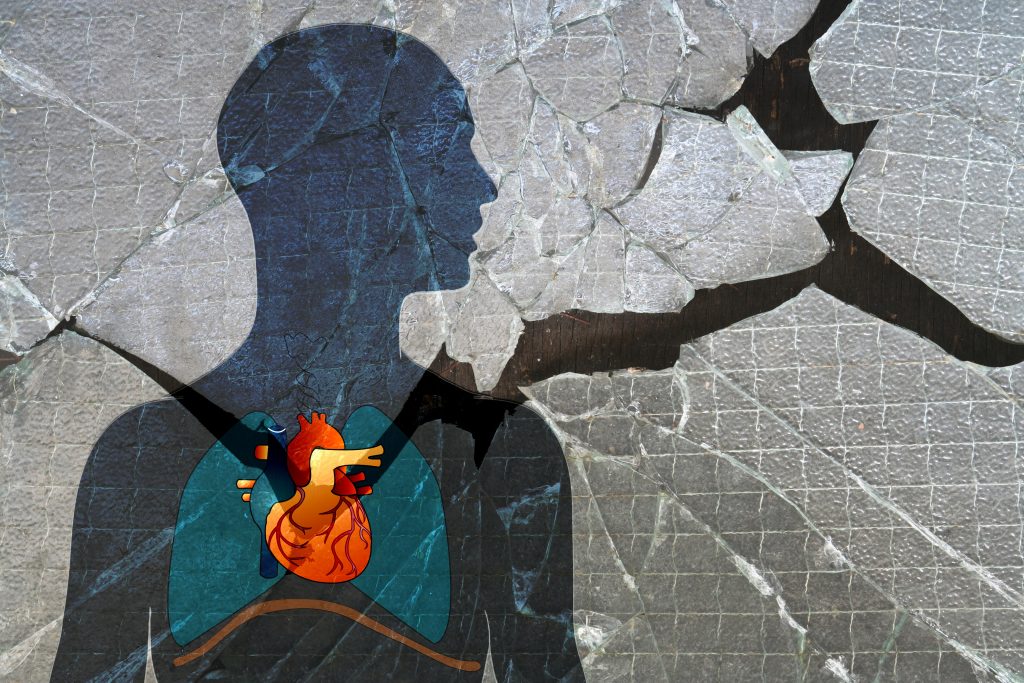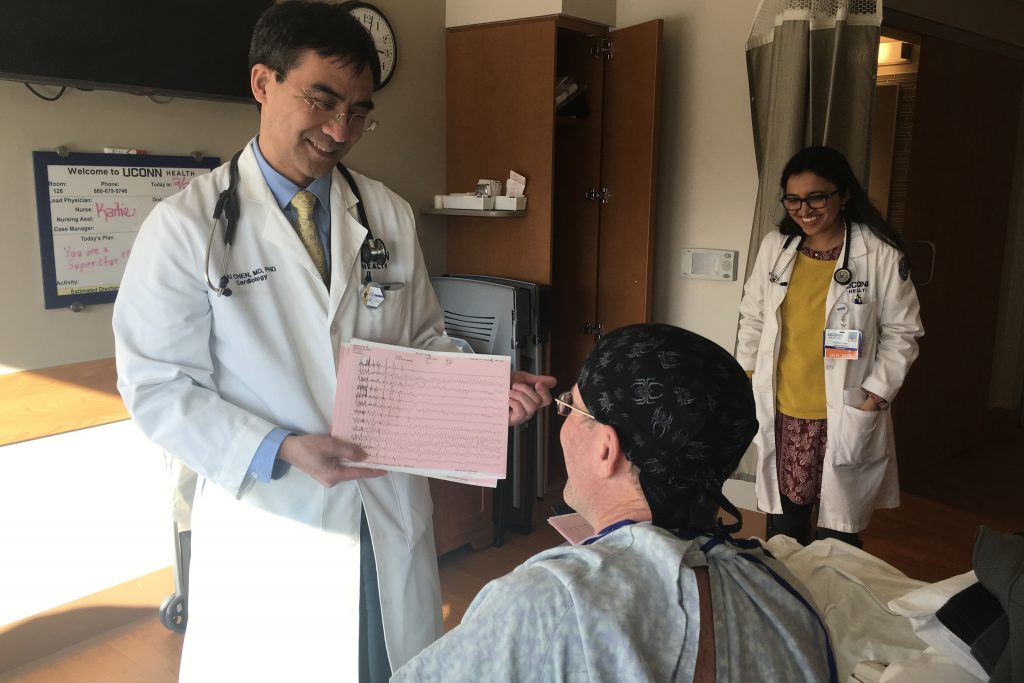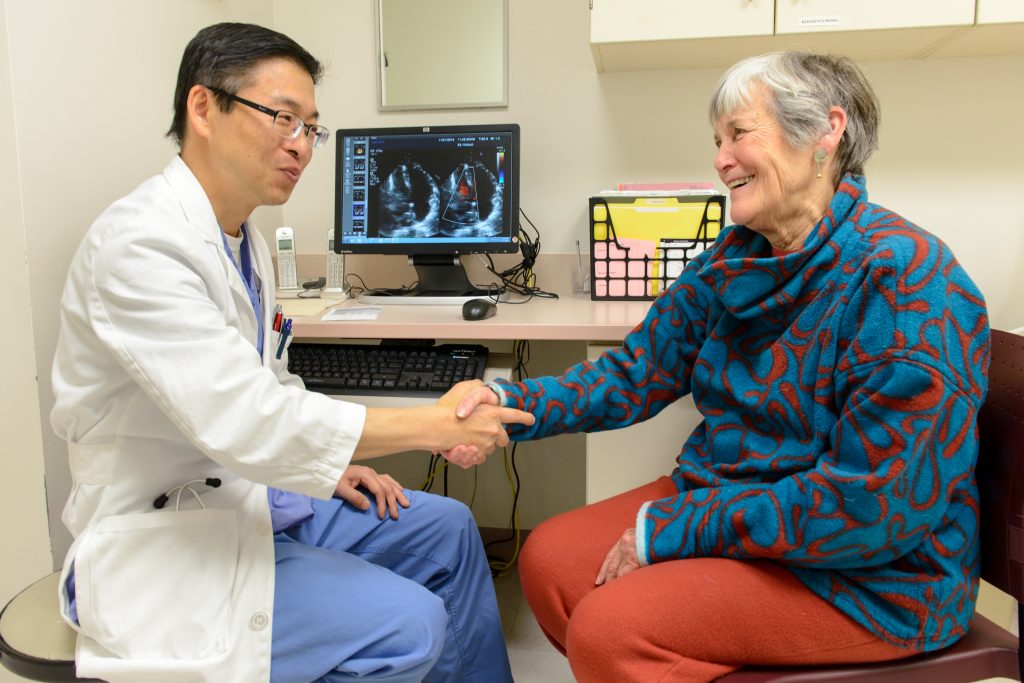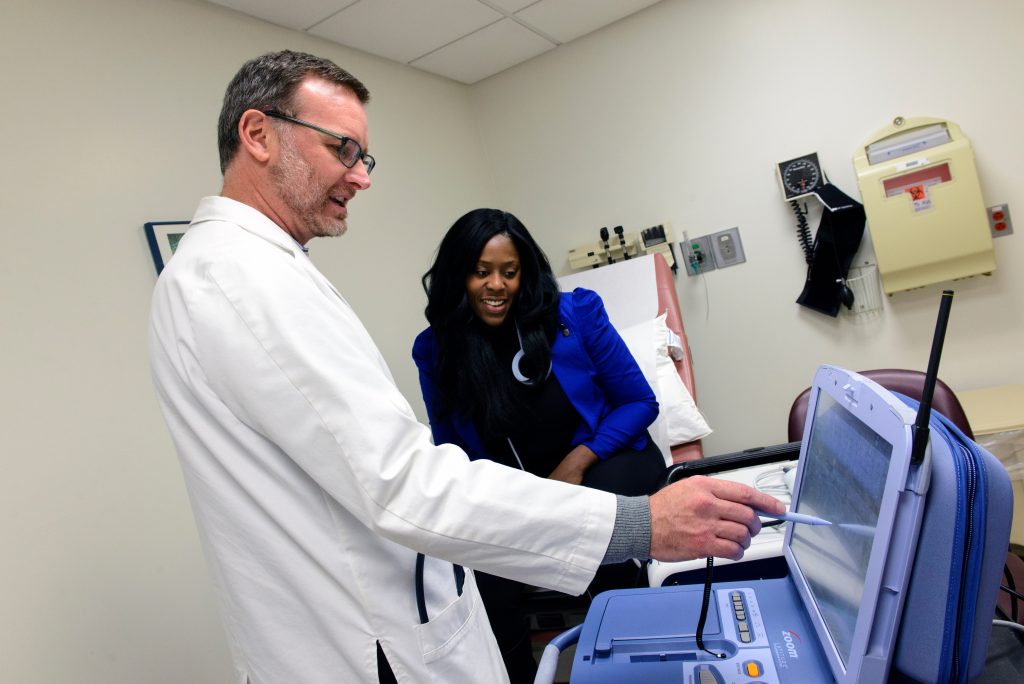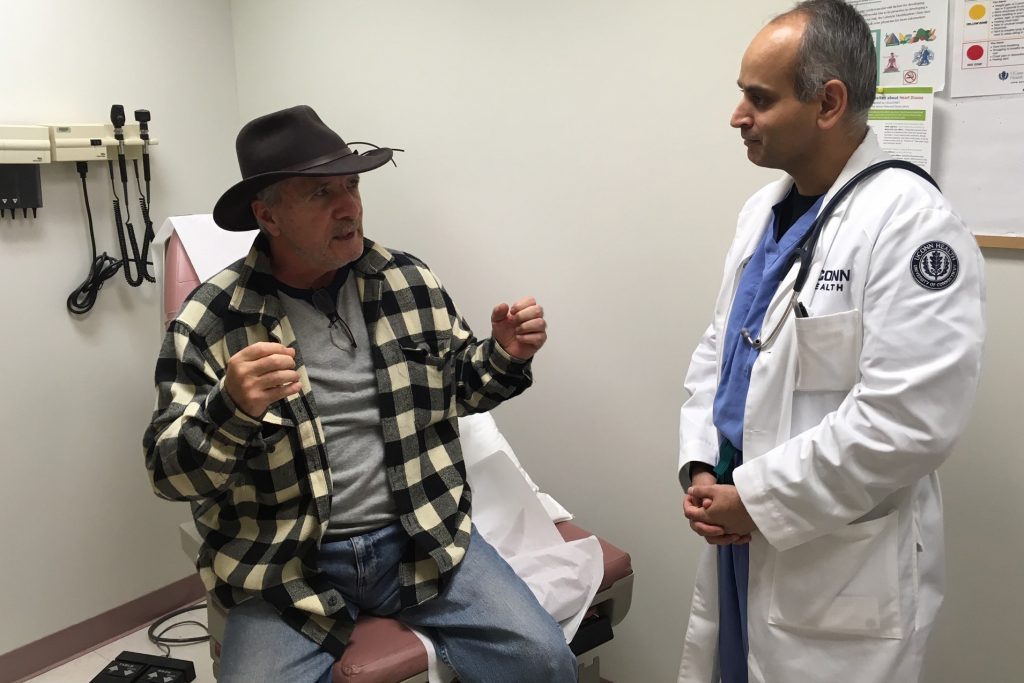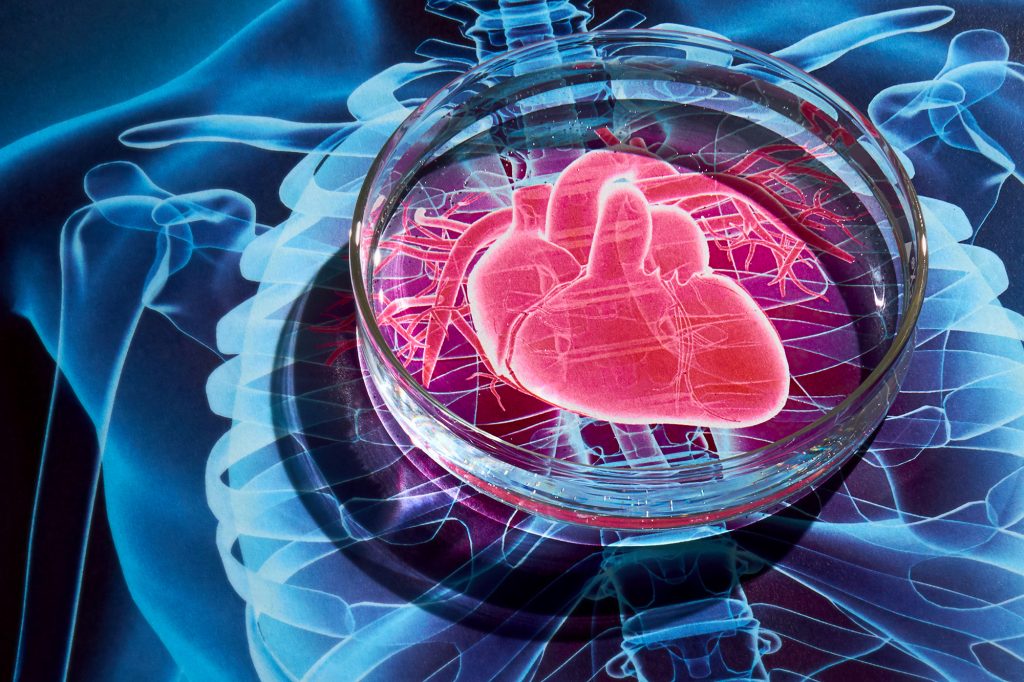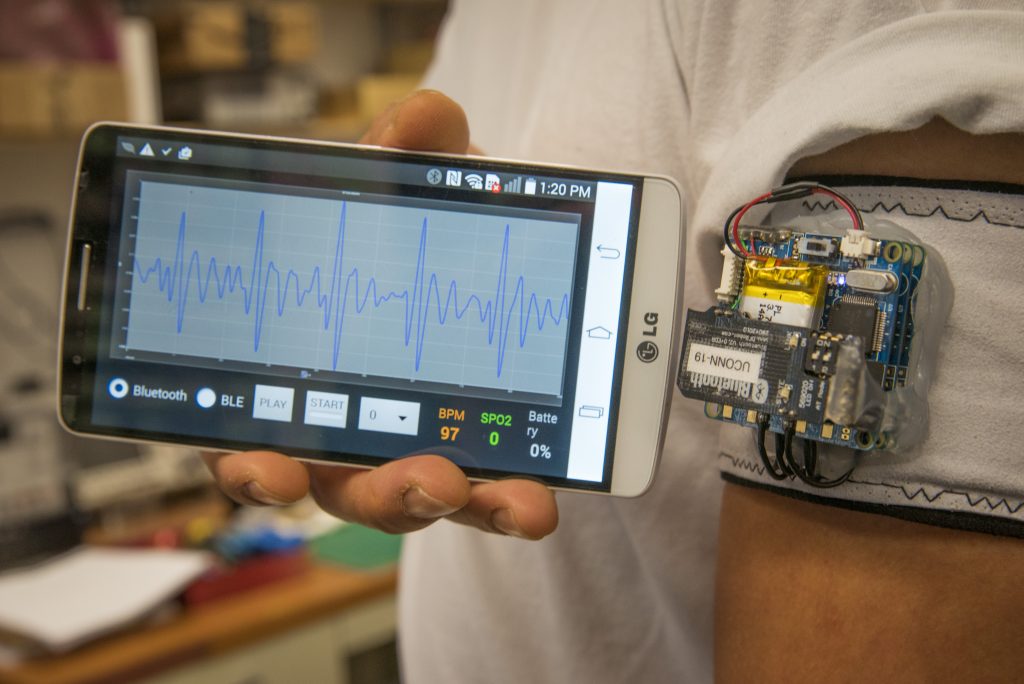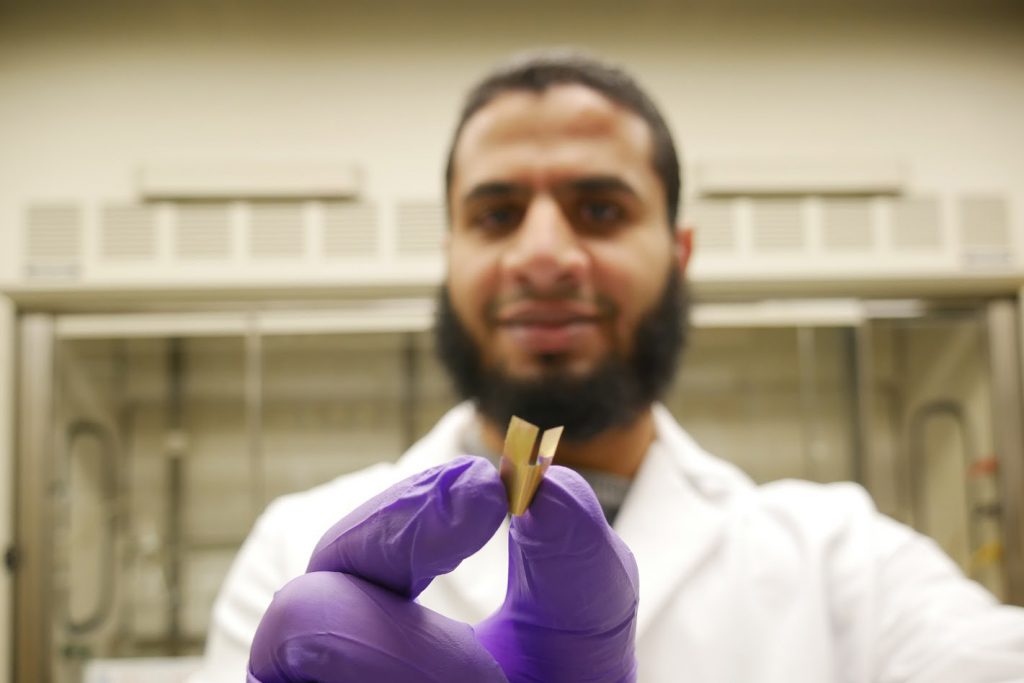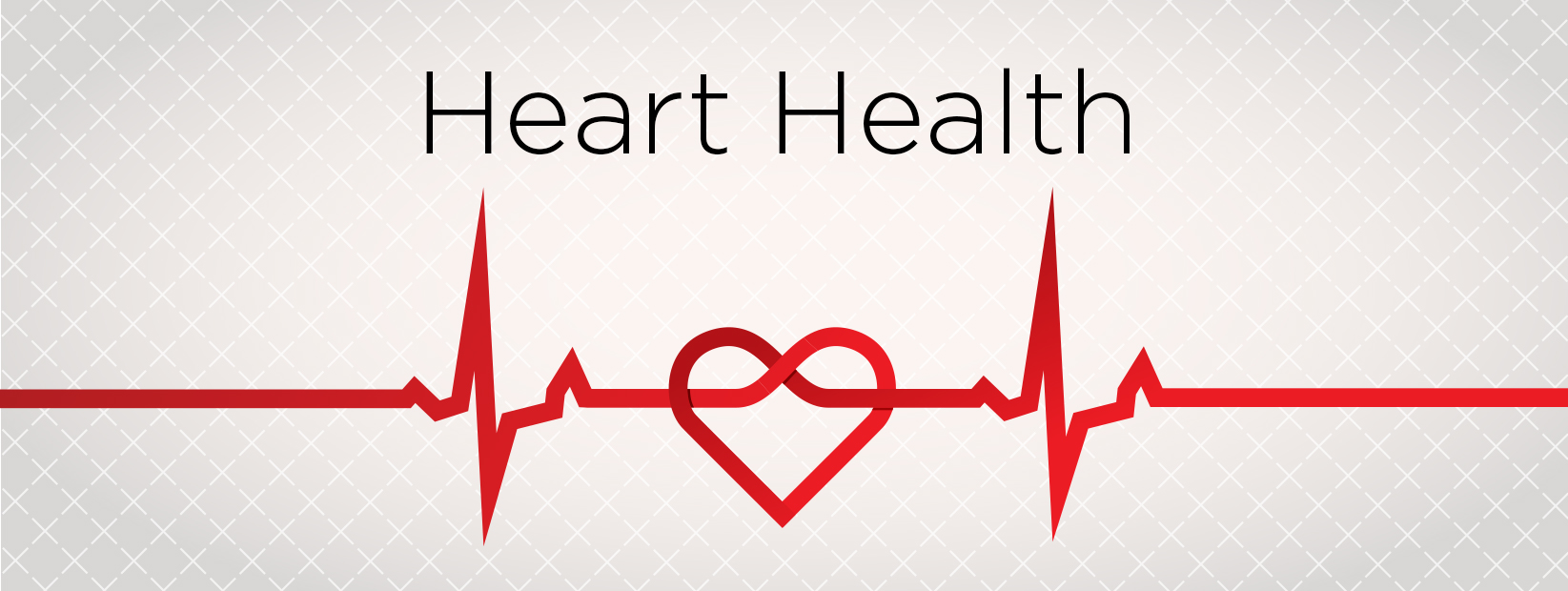
Series
Heart Health
From cutting-edge research to the finest patient care, UConn is making a difference in the lives of people with heart disease and those at risk.
Cardiovascular Genetic Testing Empowers Patient, Family
Patients who know they have a genetic predisposition to heart disease can take extra precautions and alert their health care providers to try to prevent symptoms before they occur.
February 15, 2017 | Lauren Woods
Can You Really Experience a Broken Heart?
A UConn Health cardiologist discusses whether someone can experience physical symptoms of a broken heart after the death of a loved one.
February 9, 2017 | Lauren Woods
UConn Health Patient Survives Seven Heart Attacks
'A very bad thing happened to me in the very best place for it to ever happen,' says Ron Smith of his experience at the Calhoun Cardiology Center.
February 8, 2017 | Lauren Woods
New Solution for Closing a Hole in the Heart
A 75-year-old patient 'has her life back' after receiving a new treatment at UConn Health to close a hole in her heart without open-heart surgery.
February 6, 2017 | Lauren Woods
Young Mother Survives Heart-Stopping Experience
After successful treatment for arrhythmia at UConn Health, Vanessa Lloyd has nicknamed her heart monitor 'Jonathan' as a sign of gratitude.
February 2, 2017 | Lauren Woods
Heart Patient Finds Answers at UConn Health
After Frank Cammarata was given a clean bill of health despite his ongoing symptoms, he turned to UConn Health, where he was successfully treated for a heart blockage.
February 1, 2017 | Lauren Woods
UConn to Go Red for Women’s Health During Heart Health Month
Wear a piece of red clothing on Friday, Feb. 3, National Wear Red Day, to help raise awareness of the importance of preventing heart disease and stroke in women.
January 26, 2017 | Lauren Woods
‘Heart-In-A-Dish’ Sheds Light on Genetics of Heart Disease
Advances in research on the human heart put UConn Health on the cutting edge.
January 3, 2017 | Nicole Davis for The Jackson Laboratory for Genomic Medicine
New Monitor Can Detect Early Signs of Heart Disease
UConn biomedical engineering researchers are developing new heart monitors to improve early detection of an irregular heartbeat.
December 14, 2016 | Josh Garvey
Innovative Device Could Offer New Hope for Heart Patients
A UConn graduate student is developing a new micro-scale power source that is significantly smaller and more efficient than the batteries used in most cardiac pacemakers today.
December 7, 2016 | Colin Poitras
